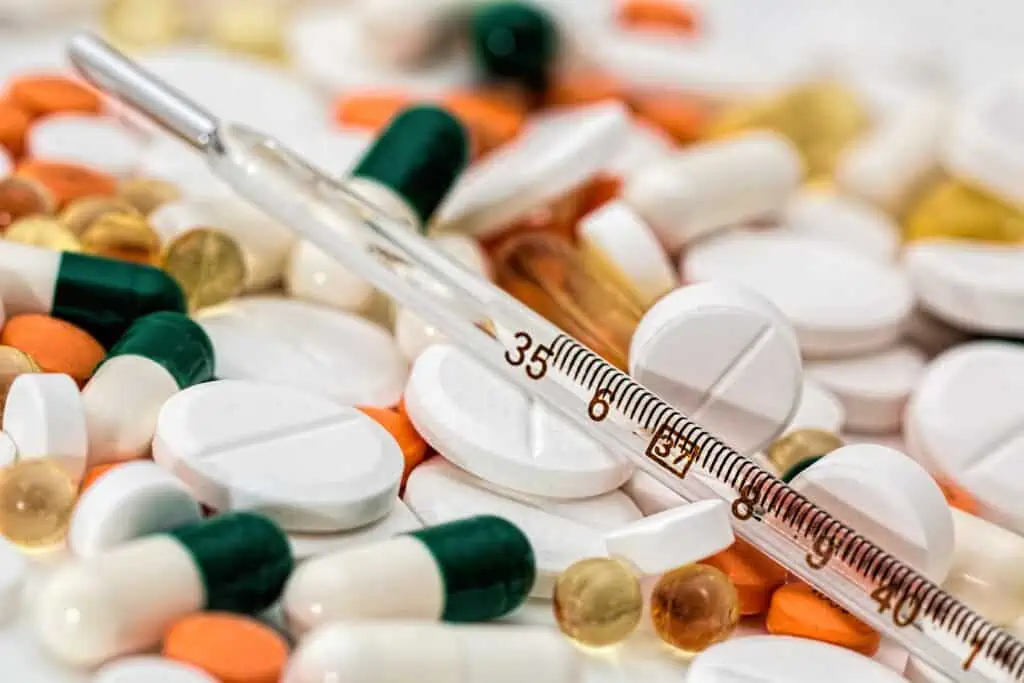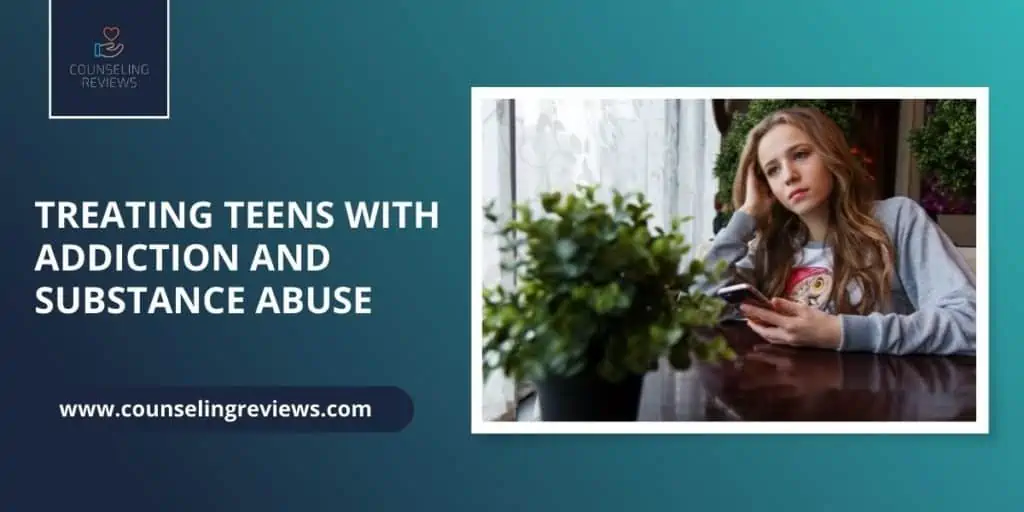Every parent out there wishes for the best for his children – yet vices lurk everywhere.
Drugs or alcohol use can highly impact young people’s physical as well as overall mental illness.
As per statistics, around 2.3 million teenagers are suffering from drug or alcohol abuse. And, all of them aged between 12 to 17 – a truly defeating fact.
Scary as it may sound if you found out that your teen is using drugs or alcohol – you need to do something about it.
Thankfully, today there are also many treatment centers and various ways to learn how you can help your child overcome the use of drugs or alcohol
In this guide, we elaborate on the methods you can turn to in helping your teenager overcome teen addiction and the use of alcohol and drugs.

How to Help a Teenager Overcome Alcohol and Drugs Abuse?
The abuse of drugs and alcohol is a capital problem which, if not taken seriously, can quickly turn into full-blown addiction transcending from teenhood to adulthood.
Before initiating treatment for your teenager, be considerate of the fact that they might be scared to open up and actually admit to their vice. So, your first step is to just listen. You are not there to judge, yell or be angry.
And, instead of pushing your teenager for answers, give them the room to open up and be honest with you – on their own terms.
Teen Drug Counseling: Solving Teenage Problems with Drugs and Alcohol
Teen drug counseling is a supportive therapy for addicted teens aged 13 to 18 and adult patients suffering from drug and alcohol and adolescent substance abuse treatment.
Counseling programs help teenagers control their vice and behavior, recognize the use pattern, and find their way out of it through a guided experience.
A drug counseling therapist can help your teenager open up and share their potential traumas that might have caused the addiction, or followed it.
Counseling addiction programs are individualized for every teen and designed to resolve the issues they are experiencing, be it drug, meds, or alcohol addiction.
Oftentimes, alcohol and other drug treatment and abuse therapies last for 3 months, however, when prudent, the therapist or treatment provider can prolong the sessions.
And, most therapists perform the treatments after school hours, so teenagers can proceed with their regular life.
Drug abuse therapies cover a lot of areas where your teen can potentially experience control issues, including:
-
Alcohol and drug abuse
-
Communication skills
-
Conflict-resolution skills
-
Mental health problems
-
Relapse intervention
-
Depression and anxiety
Teenage drug abuse therapies include many methods and techniques to treat teenagers, and these treatment models can rather differ from adult treatments in the same field. The aptest drug addiction treatment will depend on risk factors and the severity of the case at hand.
However, the most popular types of teenage drug addiction therapies including the Behavioral Therapy, the Matrix Model, and Motivational Enhancement Therapy.
As for the sessions themselves, you don’t have to have them in an office. As it is a teenager we’re talking about, consider having all treatment sessions in the comfort of their own home.
This way, your teenager will feel loved, supported, and understood. Treatment sessions aside, ensure you don’t make this the only thing you and your teenager have in common. Instead, do regular and fun activities alongside the sessions, and spend time together to give the patient a sense of normalcy.
How to Help Your Teenager Overcome Addiction?
There are various ways to help your struggling child fight through addiction as soon as the teen alcohol abuse treatment kicks off. As a parent, you can monitor your teenager for possible relapse, as teen drug counseling sessions can be stressful and triggering.
Look for symptoms of drug or alcohol addiction or substance use but don’t overdo it, as it might become too obvious to your teenager and have them behave out of spite.
Still, common symptoms that indicate that your teenager is using drugs or alcohol are:
-
Red and swollen eyes
-
Poor school performance
-
Trouble sleeping and nausea
-
Feeling anxious and depressed
-
Withdrawal Symptoms
-
Unintentionally getting hurt
-
Hurting others
-
Law enforcement troubles
Teen Alcohol and Drugs Abuse Treatment: A Final Word
Monitoring your teen for the possible appearance of any of these symptoms can help you be there for your teen at any time of need.
Being supportive and open to understanding problematic teenagers and their vice are useful tools in having them overcome this dreadful period of their lives. It’s true, the battle against drug use and alcohol abuse can be tiring for both the teenager, his parents, and those around them.
Still, with regular teenage drug and adolescent substance abuse, counseling sessions and immediate intervention in case of a relapse – you will ensure your teenager finds its way back to health and wellbeing.
Substance Abuse Treatment FAQ
The best treatment options for substance abuse in teenagers include teen drug counseling, individualized therapy programs, and evidence-based approaches such as Behavioral Therapy, the Matrix Model, and Motivational Enhancement Therapy. These therapies aim to address the underlying issues contributing to the addiction and help teenagers develop coping skills to overcome their drug and alcohol abuse. Family support, open communication, and monitoring for possible relapses are also essential components of effective substance addiction treatment options.
Substance use in adolescence can lead to various problems, including impaired brain development, academic difficulties, social and relationship issues, increased risk of accidents and injuries, mental health problems such as depression and anxiety, higher likelihood of engaging in risky behaviors, and a higher risk of developing addiction and substance use disorders later in life.
Preventing addictive behavior involves education, healthy coping skills, supportive environments, early intervention, building resilience, limiting access to substances, community involvement, mental health support, family therapy, positive role modeling, and encouraging hobbies and interests.
You may be addicted to someone if you constantly think about them, prioritize their needs over yours, experience intense emotions or anxiety when apart, neglect other aspects of life, and feel unable to function without them. This dependency can negatively impact personal well-being and relationships, warranting self-reflection treatment exercises and seeking support if necessary.





